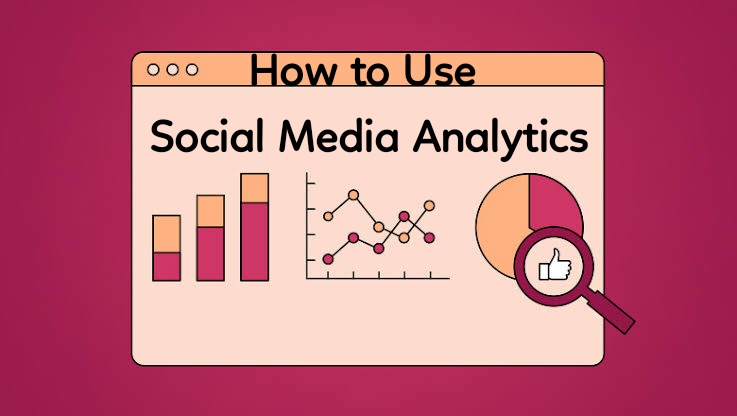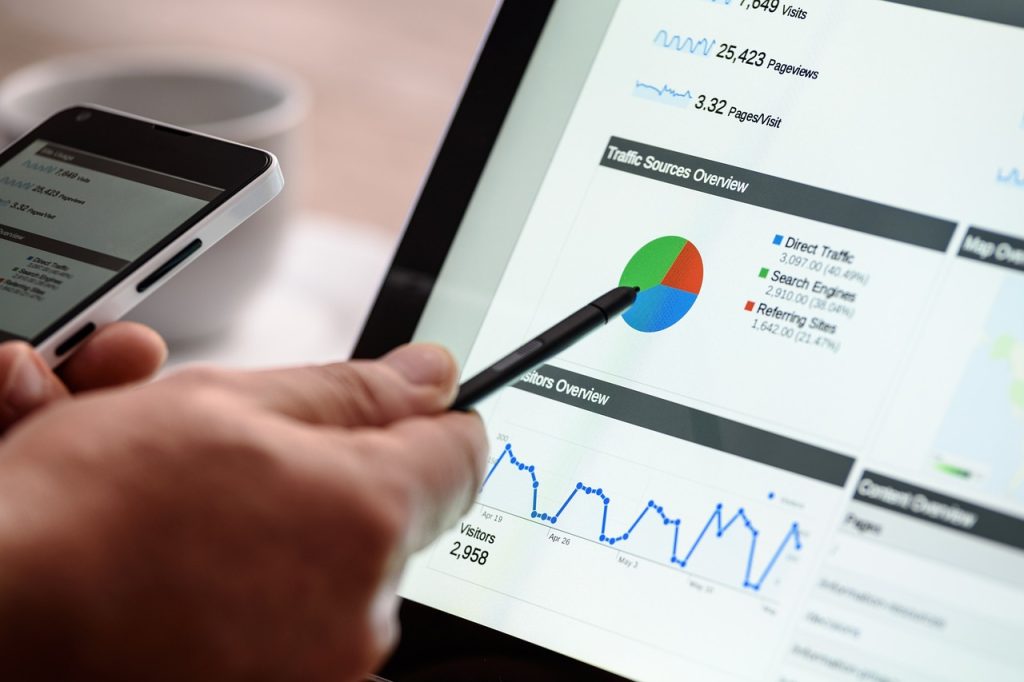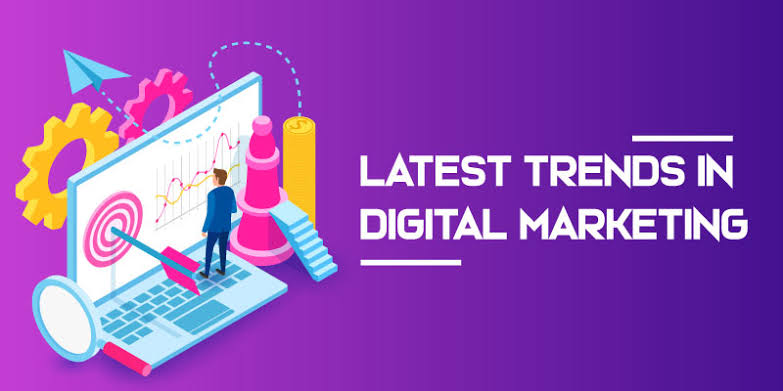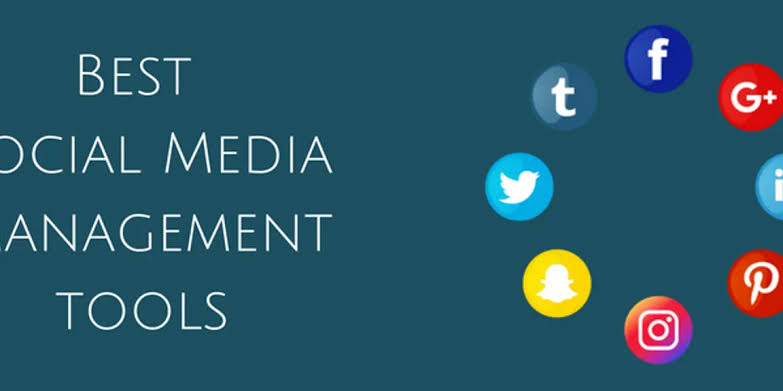
Did you know that social media analytics can boost your engagement by up to 50%? Currently, nearly 80% of businesses use social media analytics to improve their marketing strategies.
With the way social media keeps evolving, any business will have to use social media to reach its target audience; this is a necessary channel.
However, today, the mere fact of its presence will not be able to cut it. Therefore, if you want to set yourself apart from the competition, you will need to unlock the power of data through social media analytics.
What is Social Media Analytics?
Social media analytics involves collecting data from your social media accounts and analyzing it. The data collected provides information about your audience, the performance of your content, and your overall social media strategy. Besides, you gain valuable insights into how your audience interacts with your content and make informed decisions to improve your social media strategy.
Why You Should Track Your Social Media Analytics
Social media analytics is important in helping you get an understanding of your audience, measure performance, identify trends, enhance engagement, and maximize ROI. Generally, it helps you understand what type of content resonates with your audience. Also, it allows you to track your progress towards specific goals, such as increasing brand awareness or driving website traffic. Finally, it provides data-driven insights that guide your marketing strategies and budget allocation.

How to Use Analytics to Understand Your Audience
One of the primary benefits of using social media analytics is gaining a deeper understanding of your audience. But first, start by analyzing demographic data, such as age, gender, and location. This information helps you tailor your content to better meet the preferences of your target audience. Additionally, monitoring engagement metrics, such as likes, comments, and shares, provides insight into what topics and formats your audience finds most appealing.
How to Use Analytics to Measure Content Performance
By tracking metrics such as reach, impressions, and click-through rates, you get to evaluate how well your posts are performing. That’s not all; you can now use this data to identify which types of content generate the most engagement and adjust your strategy accordingly. For example, if you notice that video content receives higher engagement than static images, consider focusing more on video production.
How to Use Analytics to Track Campaign Success
If you’re running social media campaigns, using analytics is crucial for tracking their success. As stated earlier, set clear objectives for each campaign, such as increasing website traffic or generating leads. Then, monitor relevant metrics, such as conversion rates and ROI, to assess whether your campaign is meeting its goals. Don’t forget that regularly reviewing these analytics helps you identify areas for improvement and optimize future campaigns.
Best Practices for Using Social Media Analytics
Set Specific Goals
The first step is to define what your social media objectives are. It could be increasing brand awareness, driving traffic, or generating leads. This is important as having clear goals will lead your analytics efforts into place.
Choosing the Right Metrics
Look at metrics relevant to your goals. Core metrics are impressions, reach, engagement, clickthrough rate, and conversion rate. Work with any of these metrics as they will guide you in making the right decisions.
Analyzing Your Audience
Demographics, interests, and behaviours of your audience give you information to help you better tailor your content to your target.
Track Your Competitors
The next step is to observe how your competitor is performing in social media. Now, this helps you learn from them and spot potential areas for improvement.
Use the Right Tools
Finally, invest in analytics tools that work best for your needs and budget. Many analytics tools include Facebook Insights, Instagram Insights, Twitter Analytics, Google Analytics, Hootsuite, and Sprout Social.
Conclusion
Social media analytics is the most crucial element in any business today. First, it allows you to know your audience, measure performance, and drive meaningful action with data-based decisions. Finally, don’t forget to regularly review and adjust your strategies based on analytics to stay competitive and drive meaningful results.














